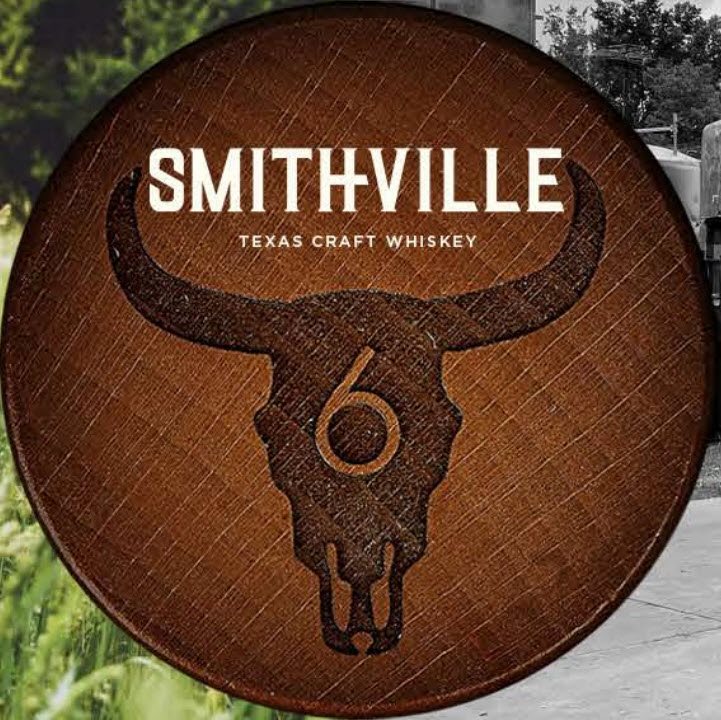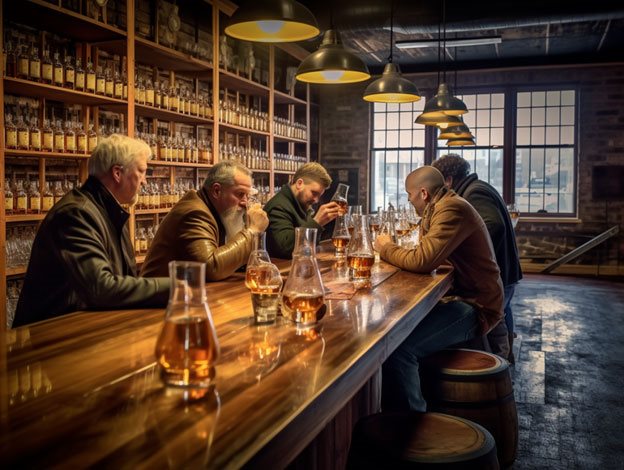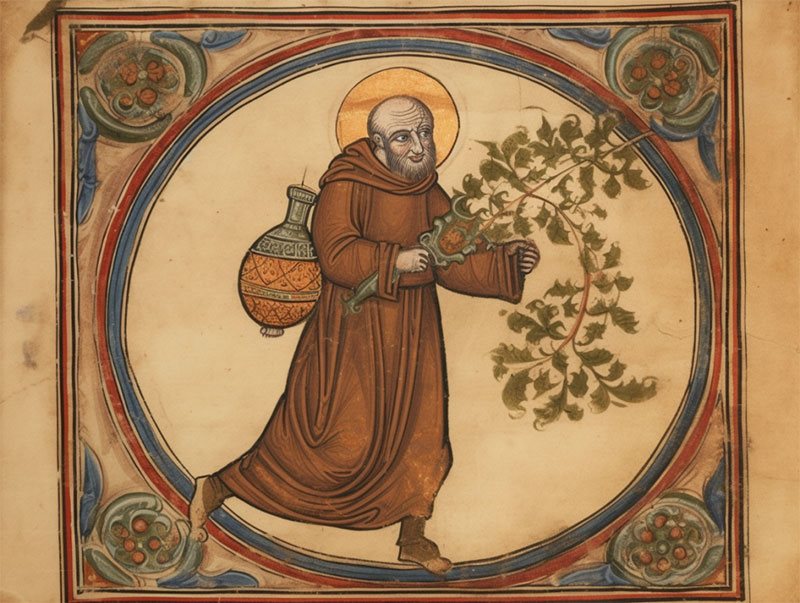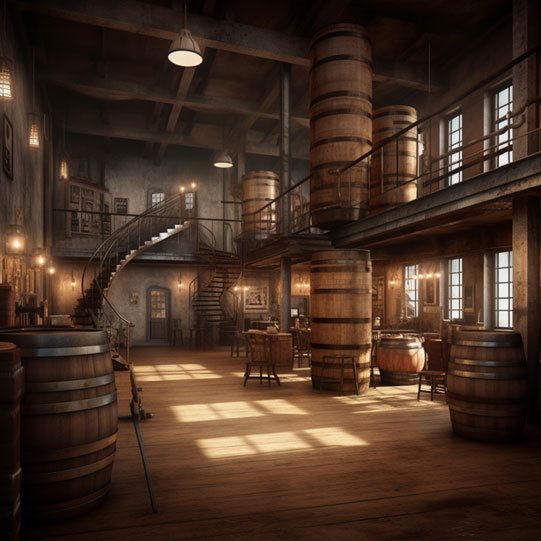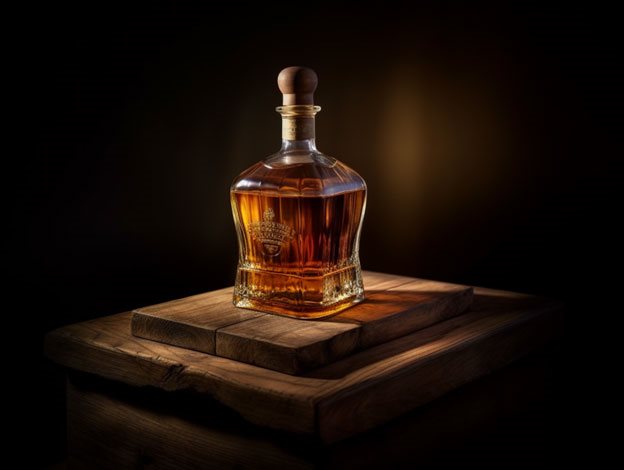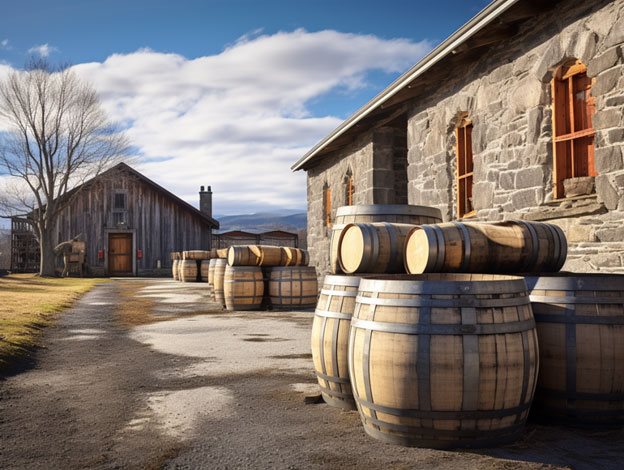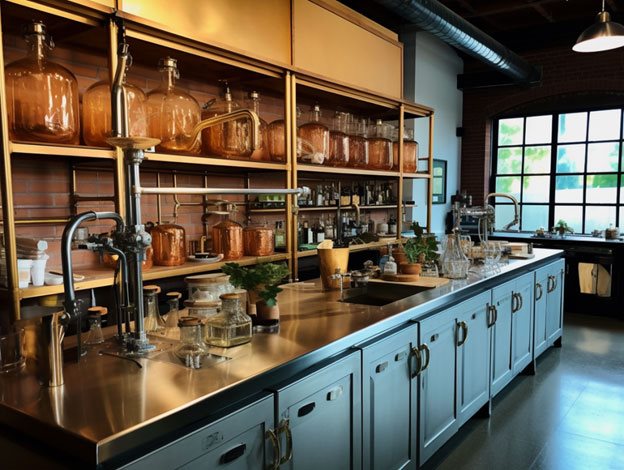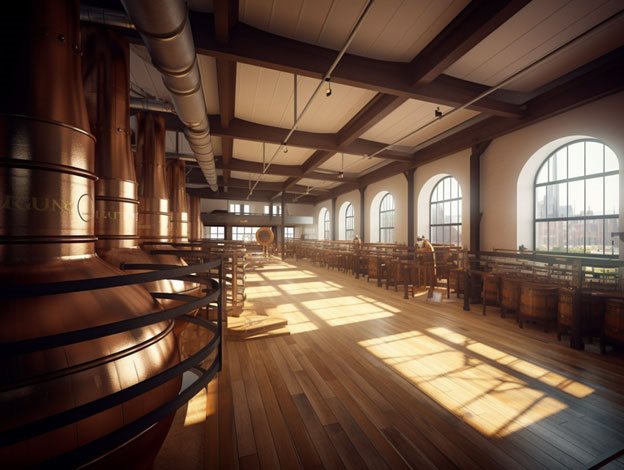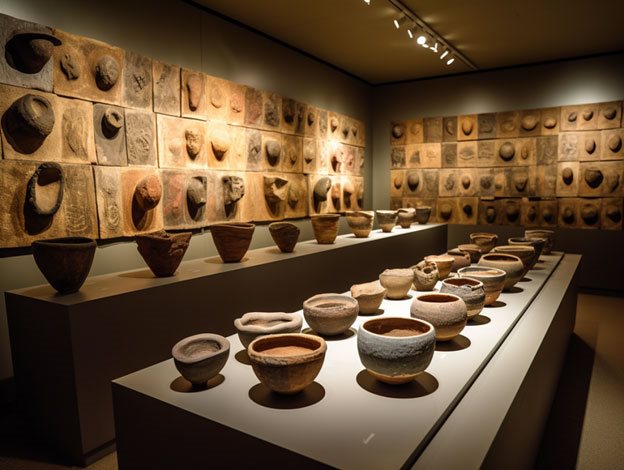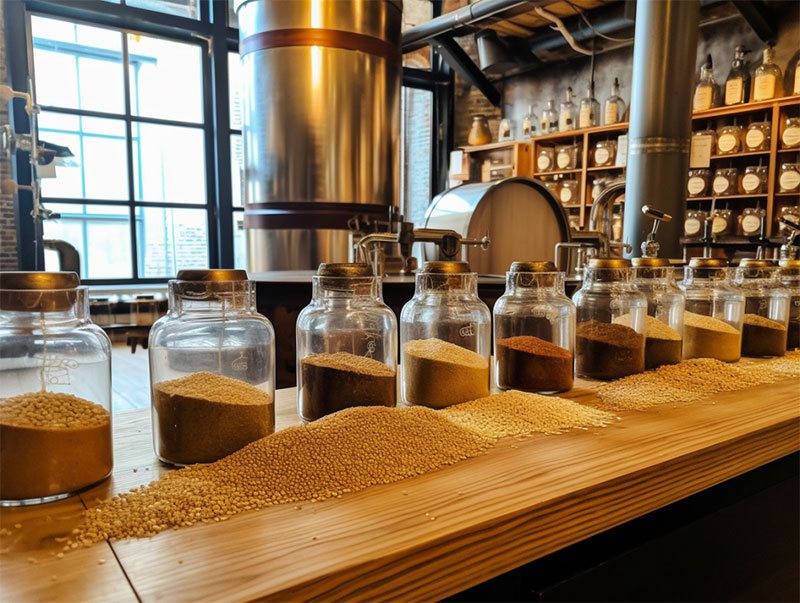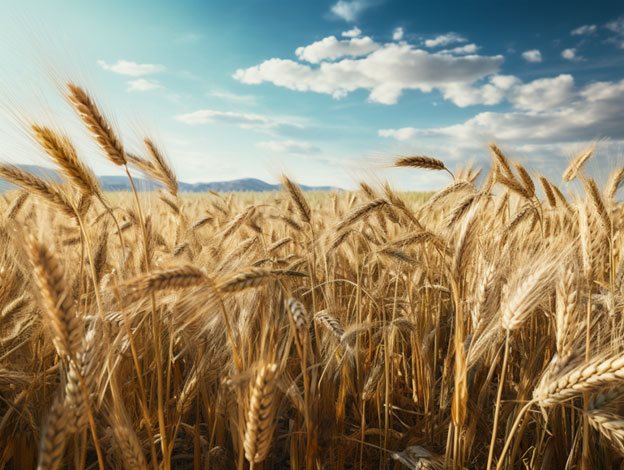Hello, whisky enthusiasts! Today, we're embarking on a spirited exploration of one of the most significant steps in whisky-making: distillation. We'll delve into how this intricate process shapes the flavour of the water of life resting in your glass. So, pull up a stool, pour yourself a dram, and let's get started!
Distillation: A Brief Overview
At its core, distillation is the process of heating a liquid to create steam and then cooling that steam to create a liquid. For whisky, this liquid is a fermented mash, a soupy mixture of water, yeast, and grain. The distillation process is designed to extract alcohol and flavour compounds from this fermented mash and concentrate them into a potent spirit.
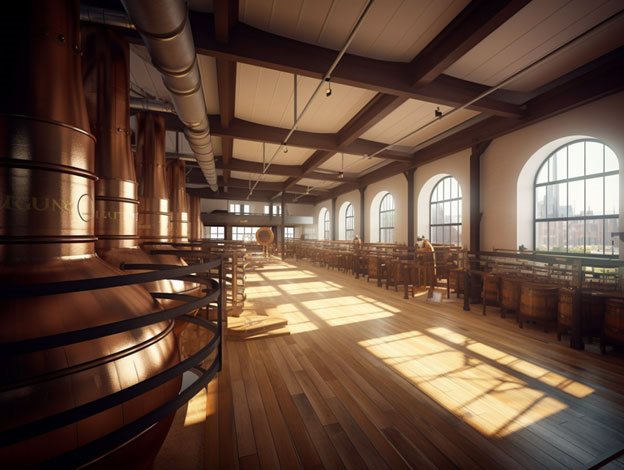
Pot Still Distillation: The Art of Selectivity
The traditional pot still distillation, used extensively in Scotch and Irish whiskey production, is a batch process where the fermented mash is distilled twice (or thrice in the case of some Irish whiskeys). The first distillation, known as the wash distillation, takes place in a larger still and results in a low-wine with about 20-30% alcohol by volume (ABV). The second distillation, or spirit distillation, occurs in a smaller still and leads to a spirit with an ABV of about 60-70%.
Now, here's where the magic happens. During distillation, not all compounds are created equal. Some, known as congeners (including esters, phenols, and fusel oils), contribute to the whisky's flavour and aroma. The distiller, much like a maestro conducting an orchestra, controls the distillation process to capture the desirable "middle cut" or "heart" of the distillate, ensuring the perfect balance of alcohol and congeners.
Column Still Distillation: The Path to Purity
In contrast, column still distillation, also known as continuous or patent still distillation, can run continuously and produce a high-proof spirit. Used predominantly in the production of American Bourbon and Rye, the column still enables a much more efficient separation of alcohol and congeners.
While this leads to a cleaner, higher-proof spirit, the whisky retains less of the grain's raw character. However, the subsequent aging process in new, charred oak barrels, as mandated by American law for bourbon, introduces a host of new flavours, leading to bourbon's characteristic notes of caramel, vanilla, and spice.
Impact on Flavour
The distillation process significantly influences a whisky's character:
- Fruity and Floral Notes: These are primarily derived from esters created during fermentation and captured during distillation. A careful distillation process can retain these delicate flavours.
- Peaty and Smoky Notes: Phenolic compounds, which give whisky its smoky or peaty character, are crucial in some Scotch whiskies. The distillation process can amplify or diminish these notes, depending on the distiller's aim.
- Spirit Character: A heavier, oilier spirit (often the result of pot still distillation) will retain more robust, grain-driven flavours, while a lighter spirit (commonly from column still distillation) will have a cleaner, more neutral character, allowing barrel influences to shine through.
- Fusel Oils: These compounds can contribute to a whisky's body and mouthfeel. However, in excess, they can lead to off-flavours. The distiller must strike a delicate balance during distillation.
The Final Pour
In essence, the distillation process is an exquisite balancing act, determining not only the whisky's alcohol strength but also its flavour profile. Each distiller's choices during this stage - from the type of still used to the cuts made - create a symphony of flavours unique to each whisky. So, the next time you enjoy a dram, take a moment to appreciate the art of distillation, the silent conductor behind the harmonious orchestra of flavours in your glass. Cheers!
